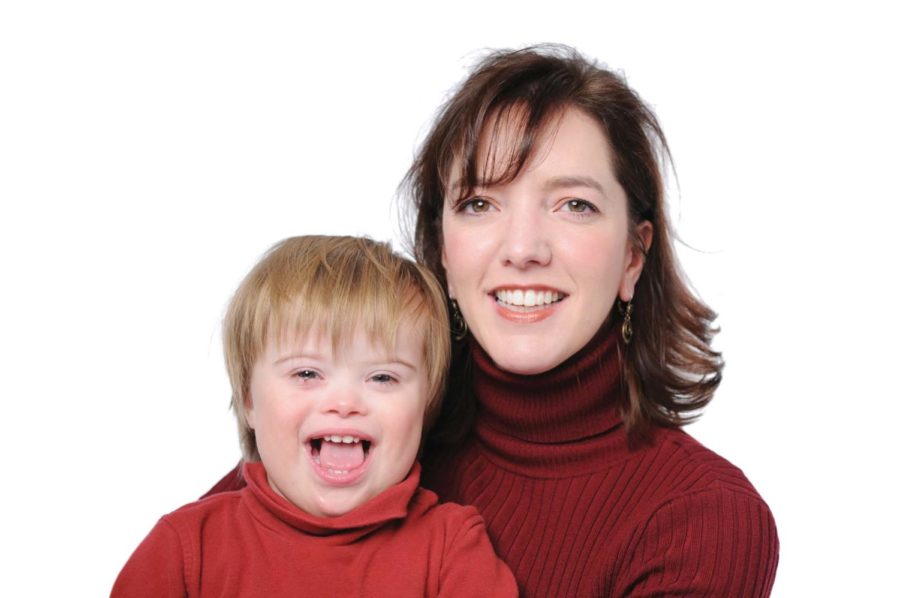Vriezen: New genetic test provides crucial information for pregnant women
New genetic testing methods can reveal Down syndrome to a mother during pregnancy.
October 21, 2011
It’s exceedingly important for an expectant mother to know if the child she is carrying will inherit genetic abnormalities. Raising a child with a serious genetic defect can be emotionally, financially and mentally difficult.
As a woman who intends to be a parent someday, I would certainly like to have any and all possible knowledge about my child’s genetic future. I would want to ensure that I could accommodate and provide for them to the best of my ability. And if my abilities were to be found lacking, I would not want to bring a child into the world that I could not support in every way possible.
But a new genetic test that detects Down syndrome has raised some eyebrows. This procedure is less invasive than traditional amniocentesis or chronic villus sampling (both of which carry a small risk of miscarriage), simply taking blood from the mother rather than cells directly from the fetus. It is a far easier procedure and, from the looks of it, a highly accurate one as well, identifying 98.6 percent of the Down syndrome cases in preliminary testing.
Down syndrome (in its most common form) is caused by a mutation of chromosomes 21 and 22, causing three copies of chromosome 21 to be formed, rather than the normal two copies. This change in chromosomal makeup can lead to limitations in mental and social development, as well as a host of other medical issues including heart problems, eye problems and compression injury of the spinal cord, just to name a few.
While a great deal of those diagnosed with Down syndrome go on to live independent, fulfilling lives, it cannot be said that their childhood or adult life is without complications.
With a new, less-invasive test soon to be available to pregnant women, there is a concern among some groups that this sort of early genetic testing could “encourage more people to end their pregnancies.”
This is possible. Women who discover they are carrying a child with Down syndrome could choose to terminate the pregnancy. Whether or not that is an ethical decision is another column in and of itself.
But it is also possible that women who discover they are carrying a Down syndrome child could use this information to get the proper prenatal care, work on providing care and support for the child’s early years, and learn more about the syndrome.
The more knowledge you have about how to provide for a child, the better off that child will be. Similarly, the more you know, the more you can assess if you, personally, are capable of providing the care a child with a disorder like Down syndrome will need.
I fully believe in the ability of a woman to assess her own circumstances, personality and life, and responsibly determine what to do with the information gained from a genetic test such as this.
I don’t see this new test as being something to fear when it comes to women terminating their pregnancies. I see it as something that will allow women to make the most informed decision possible about their pregnancies.

















